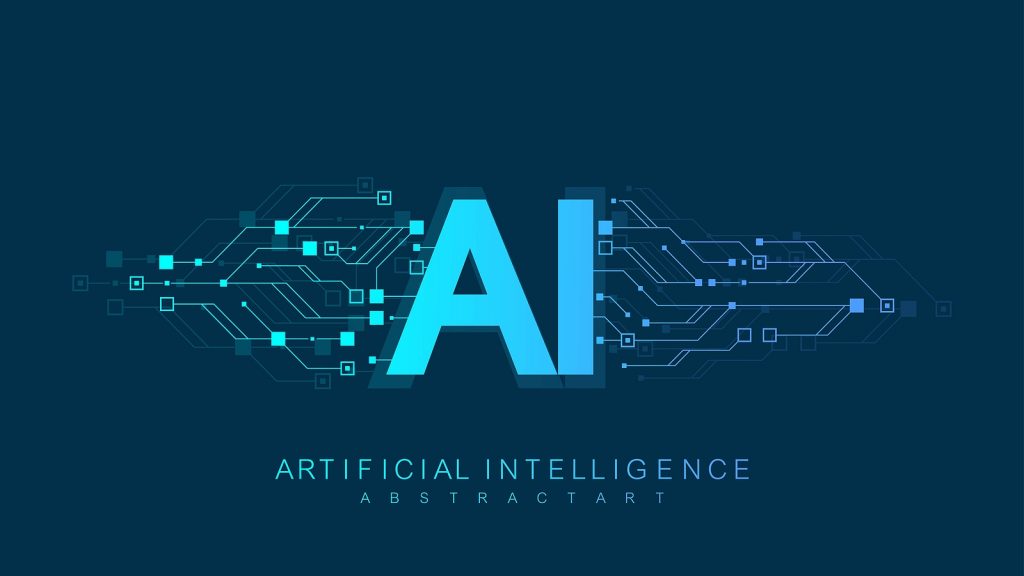The widespread application of data analytics, the move to the cloud as a platform for innovation, and increased use of automation have been fueling digital transformation in the last couple of years. Cutting edge organizations have been using AI and ML tools as they apply to automation to enhance productivity and help drive innovation. Successful business leaders have been giving employees the power to make better-informed decisions based on data-driven insights and stay ahead of the curve in an ever-changing world. Digital transformation has helped these companies to
- Accelerate the speed at which work is accomplished, and hence improving productivity.
- Obtain more value from structured and unstructured data. This process primarily defines the overall challenges faced by the business, drafts the main questions that need to be answered to meet each challenge and then Identifies and leverages the key data points that can resolve each of these questions.
- Become more competitive.
- Be more agile and responsive to changing customer and market demands.
- Fuel innovation across the entire organization.
Most of the organizations with successful digital workflow transformations across their business units, have done so by identifying high-value opportunities for automation delivering efficiencies and a quick ROI.
The fastest paths use an intelligent automation platform providing a suite of integrated applications, citizen developer tools and powerful embedded artificial intelligence (AI). AI should act as an extension of your workforce, applying cognitive services to think, act upon and interpret data. With embedded AI technologies of natural language processing (NLP) and machine learning (ML), and low-code development capabilities, organizations can effectively orchestrate, govern and optimize data, people and automation to:
- Unlock data insights and streamline content-centric processes.
- Maximize workforce capacity by automating highly manual, routine workflows quickly.
- Achieve greater compliance and decision-making.
- Enhance collaboration across your digital and human workforce.
- Increase business agility and deliver rapid, personalized service to customers.
Organizations leveraging intelligent automation technology can transform business operations, create powerful and effective partnerships between human and digital workers and deliver more satisfying customer experiences.








 Fax: 832 201 9281
Fax: 832 201 9281